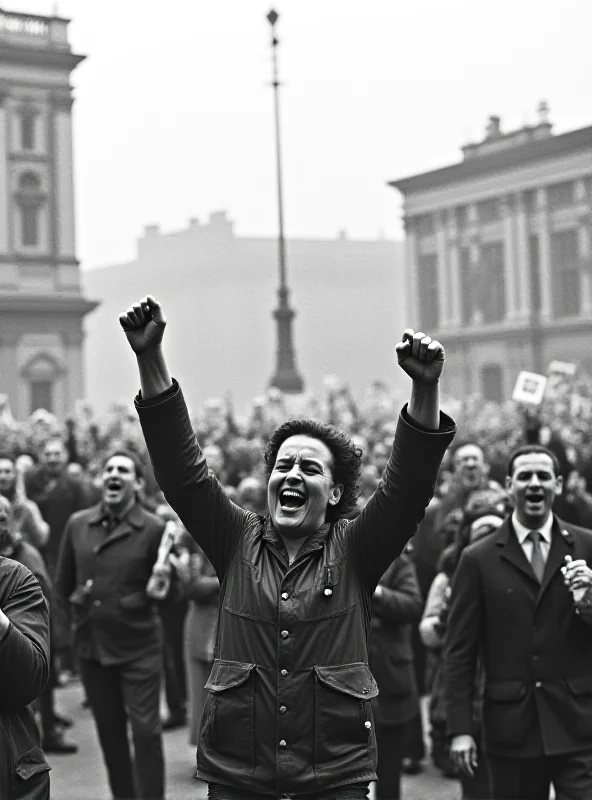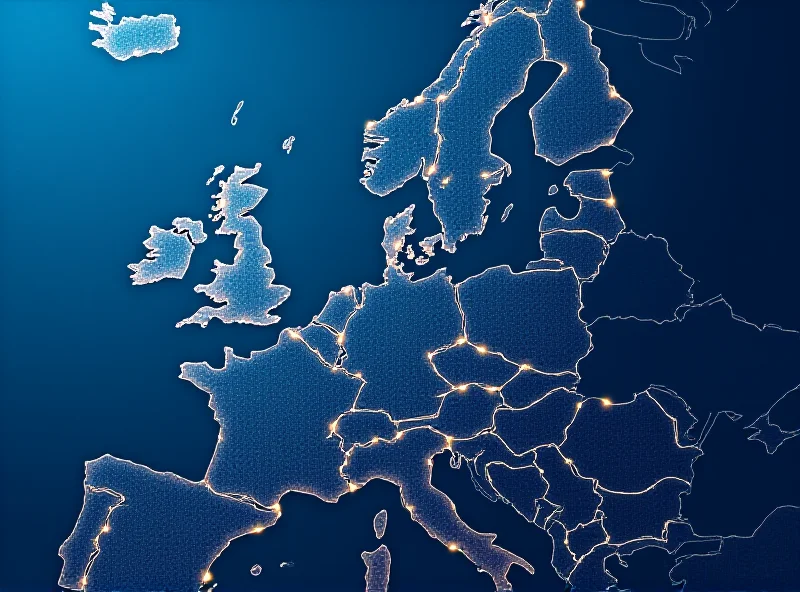Europe finds itself at a crossroads, balancing the celebration of historical milestones with the pressing need to address current economic and geopolitical challenges. As Britain prepares to commemorate the 80th anniversary of Victory in Europe Day (VE Day), calls are growing for a renewed focus on economic stability and European unity.
VE Day Celebrations Planned Across Britain
Britons are being encouraged to embrace the spirit of 1945 as the 80th anniversary of VE Day approaches. Festivities are planned nationwide, including street parties, flypasts, processions, and concerts. The Red Arrows, the Royal Air Force's aerobatic display team, are expected to perform spectacular flyovers, and a cenotaph flag day will honor the sacrifices made during World War II.

VE Day, celebrated annually on May 8th, marks the day the Allies formally accepted Germany's surrender in 1945, signaling the end of World War II in Europe. These celebrations offer a moment of national pride and reflection on the sacrifices made for freedom and peace.
Germany's Economic Path Forward
While Britain prepares for joyous celebrations, Germany faces a different set of challenges. Some analysts suggest that Germany should look back to its own postwar economic model for guidance. The "social market" tradition, which balanced free markets with regulations designed to limit economic power, is seen as a potential solution to the country's current economic malaise.
“During the postwar era, Germany's traditional parties worked to establish an economic model that balanced markets with the need for rules to limit economic power,” economic experts have stated. “If they want to end their country's economic malaise and help prepare Europe for the future, they would do well to revive the social market tradition.”

Geopolitical Concerns and European Security
Adding to Europe's complex situation are concerns about geopolitical stability. The decision by the United States to freeze military aid to Ukraine has raised questions about the continent's ability to ensure its own security. Some commentators argue that this move highlights the "impotence of Europe" in the face of external threats.
The Daily Mail commented, "By freezing all US military aid to Ukraine, Donald Trump is dealing a crippling blow to its brave defence against Vladimir Putin's war machine." This situation underscores the need for a stronger, more unified European approach to defense and security.

As Europe looks to the future, the lessons of the past, particularly the spirit of unity and resilience that defined the post-war era, may offer valuable guidance. Balancing economic stability with strong international partnerships will be crucial in navigating the challenges ahead.
